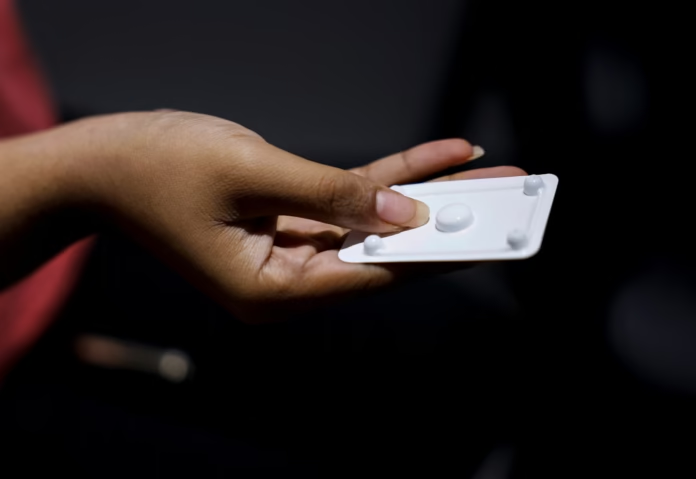The Trump administration has requested a federal judge dismiss a lawsuit targeting abortion medication access. The case, brought by three Republican-led states, seeks to limit telehealth prescriptions for mifepristone.
In court filings on Monday, Justice Department lawyers asked U.S. District Judge Matthew Kacsmaryk to reject the case. Although the Trump team did not weigh in on mifepristone’s availability, they questioned the states’ legal standing.
“These states cannot sue in a court that lacks any connection to their claims,” DOJ attorney Daniel Schwei wrote.
The lawsuit came from Idaho, Kansas, and Missouri. These states want the FDA to roll back rules allowing abortion pills to be prescribed remotely. Their demands include requiring three in-person clinic visits and reducing the legal window for using the medication.
Despite those requests, government lawyers insisted the case belongs in a different venue. They emphasized that federal law requires a direct link between the legal claims and the court’s location.
Defend medical freedom was a key theme in the Trump administration’s legal stance.
“The plaintiffs should file in a district that actually relates to their claims,” Schwei wrote. “This court lacks proper jurisdiction.”
The states argued they revived the case after the Supreme Court struck down a similar lawsuit. The high court said the original plaintiffs lacked standing. Now, these states claim they do have a right to sue because the drug undermines their abortion bans.
Even so, DOJ attorneys said the case relies on FDA actions from 2016. That exceeds the six-year legal limit for such challenges.
Judge Kacsmaryk previously ruled in favor of restricting mifepristone. However, higher courts overruled him. That earlier lawsuit came from anti-abortion groups. This new case takes a similar approach but with state governments leading the charge.
Abortion laws vary across the three states. Missouri recently eased its ban after a voter-approved constitutional amendment. In contrast, Idaho bans abortion entirely. Kansas permits abortion up to 22 weeks, with some restrictions.
Medication abortion remains the most common method in the U.S. Mifepristone, used with a second drug, accounts for over 60% of procedures. Since Roe v. Wade was overturned, states have set their own abortion laws.
Trump has said abortion decisions belong to the states. On the campaign trail, he distanced himself from federal restrictions. He emphasized that his Supreme Court appointments led to the 2022 ruling overturning Roe.
Nevertheless, this lawsuit represents a test of how far states can go. The federal government is now asking the court to shut it down entirely.
“Let the law guide us, not politics,” Schwei urged. “This court simply isn’t the right forum.”
As the legal battle unfolds, both sides brace for a broader fight over reproductive rights. Supporters of mifepristone access say efforts to restrict it threaten patient safety.
Opponents argue the drug undermines their state laws. Yet, the Trump administration’s filing makes clear: courts must respect legal procedure first.
They insist that to defend medical freedom, lawsuits must follow proper rules. Without venue or timing on their side, the states face an uphill battle.
Still, the broader debate over abortion access won’t fade. For now, the Trump administration’s position remains focused on one message: defend medical freedom.
For more political updates, visit DC Brief.


